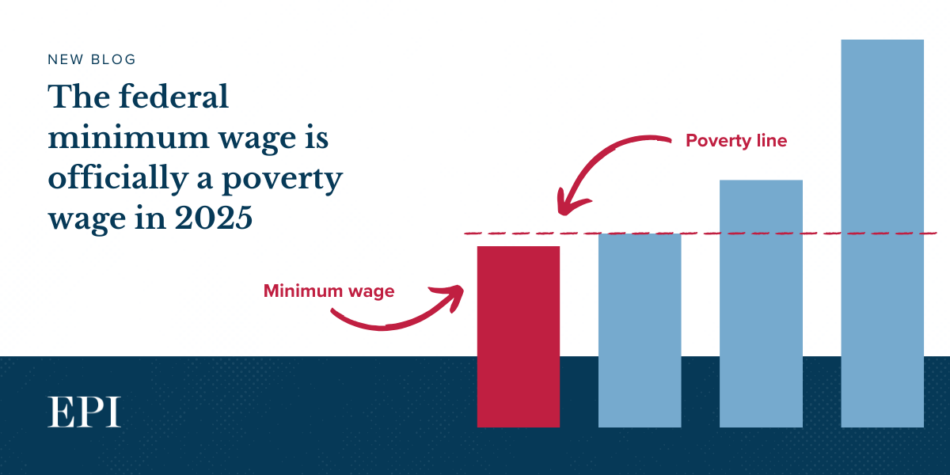The Complex Nature of War: Why Ambitious Goals Make Victory Elusive

Winning wars is inherently challenging, particularly when the sought-after objectives are excessively lofty. Wars that aim for total victory over an adversarydemanding unconditional surrender and a complete overhaul of the enemy's leadership or regimeoften lead to prolonged conflicts. The disparity between the necessary resources and the desired outcomes becomes so pronounced that the war devolves into an unending struggle. The goal appears perpetually just out of reach, creating a scenario that results in protracted warfare requiring substantial military expenditures, and rarely concluding with negotiated settlements. This predicament makes the prospect of achieving victory highly complex and fraught with difficulties.
The situation becomes even more intricate when the objectives of both adversaries are irreducible. When neither party is inclined to moderate its aims, the possibility of achieving victory for at least one of them diminishes significantly. Historical evidence suggests that the use of military force seldom results in the complete fulfillment of the original aims that both sides initially aspired to realize. For instance, in the ongoing conflict between Russia and Ukraine, if Russia aims to conquer Ukraine and establish a pro-Moscow regime in Kyiv, such an objective is likely non-negotiable for the Ukrainian side. The longer and bloodier the conflict persists, the stronger the Ukrainian resolve becomes against any negotiated settlement that could compromise their sovereignty. In this context, Russia can only hope to realize its goal of regime change through a comprehensive military victory, which is a far more daunting task than merely adjusting borders in contested regions like Crimea and Donbas.
The relationship between war objectives and the eventual cessation of hostilitiesor the victory of one sideis a concept that has been recognized for decades. Fred Ikl, in his seminal 1971 work, Every War Must End, pointed out that to successfully conclude a conflict, one of the warring parties almost invariably needs to revise its war aims. By 'revise,' Ikl implied a need to 'decrease' or 'moderate' these aims. For instance, a nation that initially sought to conquer extensive territories may find itself having to settle for a smaller land acquisition if it faces stiff opposition from local forces. Likewise, a country fighting for its independence may need to reconsider its territorial claims or alter its geopolitical stance to facilitate an end to hostilities. In essence, a war cannot conclude if neither side is willing to reevaluate its original aspirations.
A war aimed at territorial adjustment might conclude with some alteration of borders, even if it doesn't perfectly align with the original objectives. A punitive war may cease when sufficient damage has been inflicted to satisfy the aggressor's agenda. Similarly, a conflict driven by a quest for glory can come to an end when the instigator feels they have achieved a satisfactory level of prestige. However, even in these scenarios, concluding a war is never straightforward. Goals can shift as the conflict evolves, often intensifying as the costs incurred rise. Ikl poignantly noted that those who possess the power to initiate warfare often find themselves lacking the ability to terminate it.
Ending a conflict is significantly more challenging when the pursued objectives are absolute, non-negotiable, and not easily subject to downward adjustment. Goals such as regime change, genocide, or the total conquest of a nation are not morally equivalent but share a fundamental characteristic: they are either achieved in full or not at all. From the perspective of the targeted nation, there is little room for compromisepartial regime change or a limited genocide are not feasible outcomes. Consequently, when such extreme goals are in play, conflicts are likely to be prolonged and, absent a total military victory on one side, difficult to resolve through diplomatic channels.
In summary, the difficulty in securing a war victory may not solely stem from military elements such as technology, personnel, resources, or tactical skills but also from the political dimensions of the conflict. Pursuing objectives that are excessively ambitious and necessitate total triumph over the opposition may render achieving victory an exceedingly complex endeavor.
References: Fred Ikl, Every War Must End (New York: Columbia University Press, 2005, original 1971), p. 96.
Fred Ikl, p. 106.



























